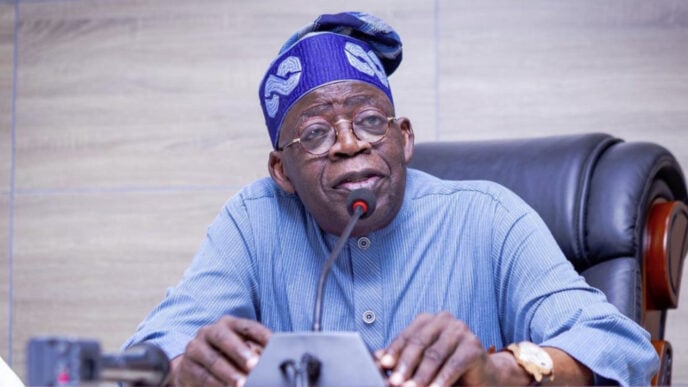Opeyemi Bamidele, majority leader of the senate
Opeyemi Bamidele, majority leader of the senate, says the red chamber will prioritise electoral reforms ahead of the 2027 general elections.
In a statement on Sunday, Bamidele noted that reforming the electoral process is crucial for restoring confidence in democracy.
“When you know your vote will count, you are more likely to participate. That assurance will make democracy more appealing and strengthen the credibility of our electoral system,” he said.
Bamidele also hinted at upcoming judicial reforms through various bills currently before the senate.
Advertisement
“Some of the bills focus on how judges are appointed, while others address their tenure and welfare. Our goal is to deliver a more transparent, effective, and responsive justice system,” he said.
Bamidele said the senate employed “strategic engagement” to deliver its constitutional duties and pass laws aimed at stabilising Nigeria’s economy and political environment.
“In the 2024/2025 legislative year, 506 bills were introduced in the senate, compared to 477 in 2023/2024. That’s a 6.07% increase,” he said.
Advertisement
“Eighty-three bills were passed into law in 2024/2025, compared to 25 the previous year — a 232% increase.”
He said 26 executive bills were introduced in 2025 — up from 13 in 2023 and 2024 — while private-member bills rose from 464 to 480.
Bamidele added that 89 bills are awaiting first reading, down from 135 the year before. He said a total of 230 are pending second reading.
According to him, the red chamber confirmed 116 presidential appointments in 2024 and 2025, compared to 215 in the preceding session, while 80 petitions were resolved — up from 50.
Advertisement
On Friday, Osita Izunaso, senator representing Imo west, said the senate is considering a bill to raise the number of supreme court justices from 21 to 30.
He said although the court recently reached its constitutional quota of 21 justices following the appointment of 11 new members in 2023, the figure remains “inadequate”.
“Even with the full complement of 21 justices, the supreme court is overwhelmed. The volume of cases reaching the court daily is alarming. Some litigants are being given hearing dates as far ahead as 2027 and 2028,” Izunaso said.
Advertisement













